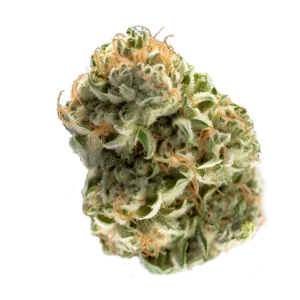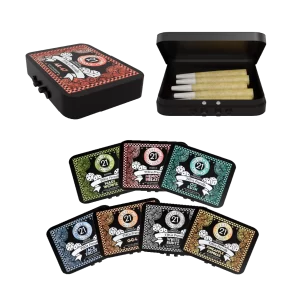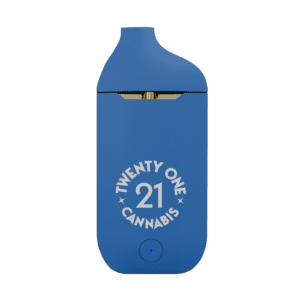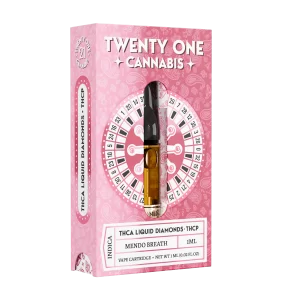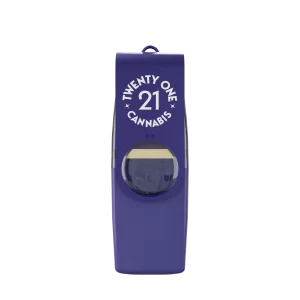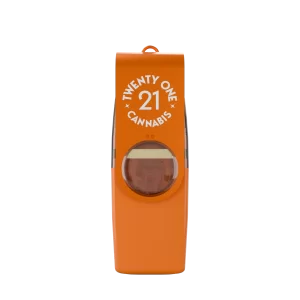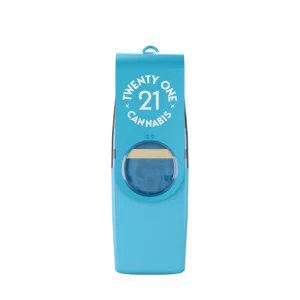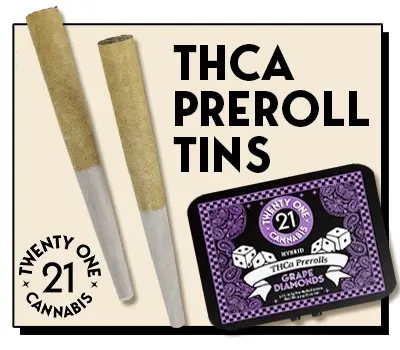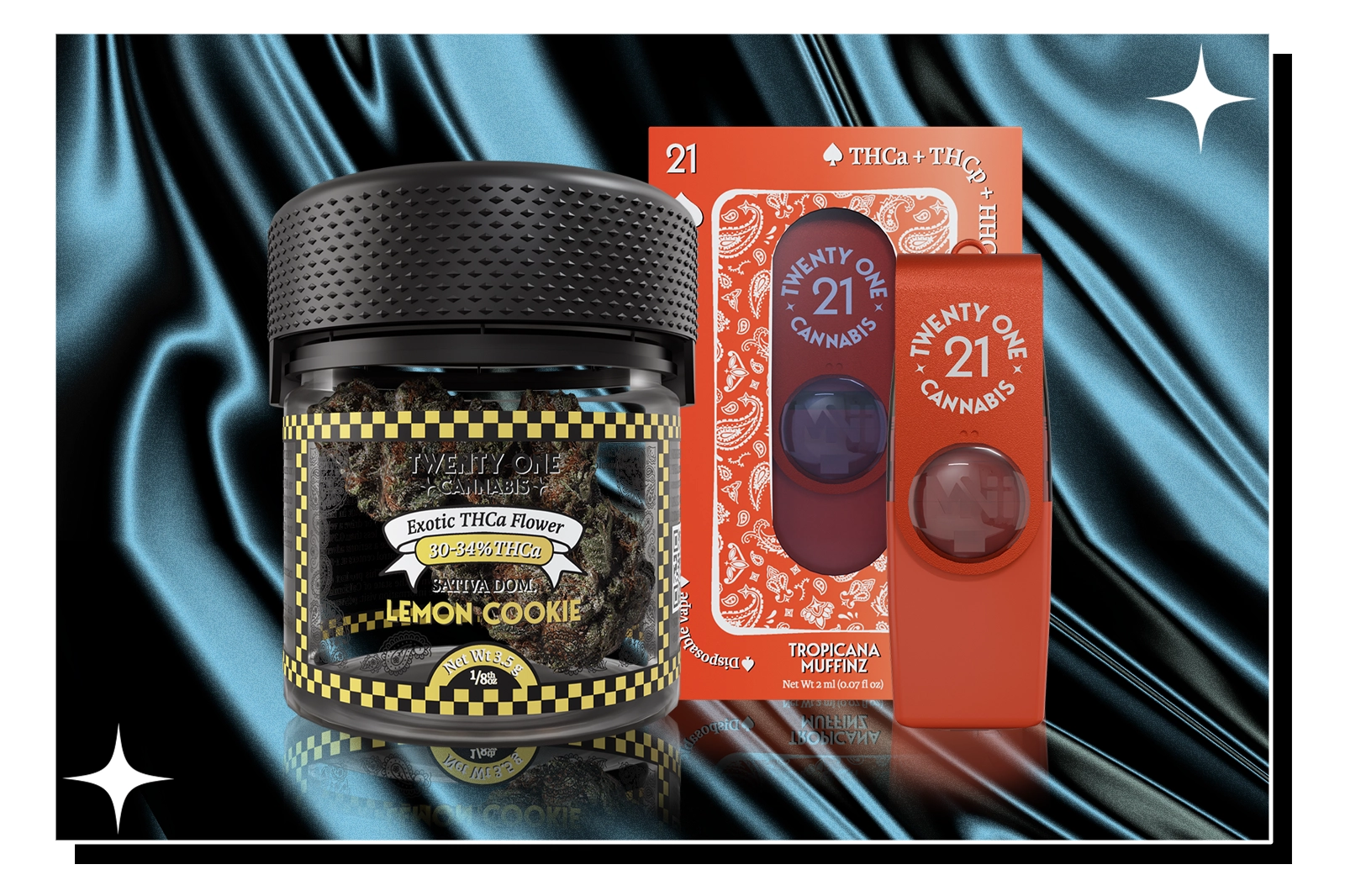
THCa vs. Delta-10: Key Differences & Similarities
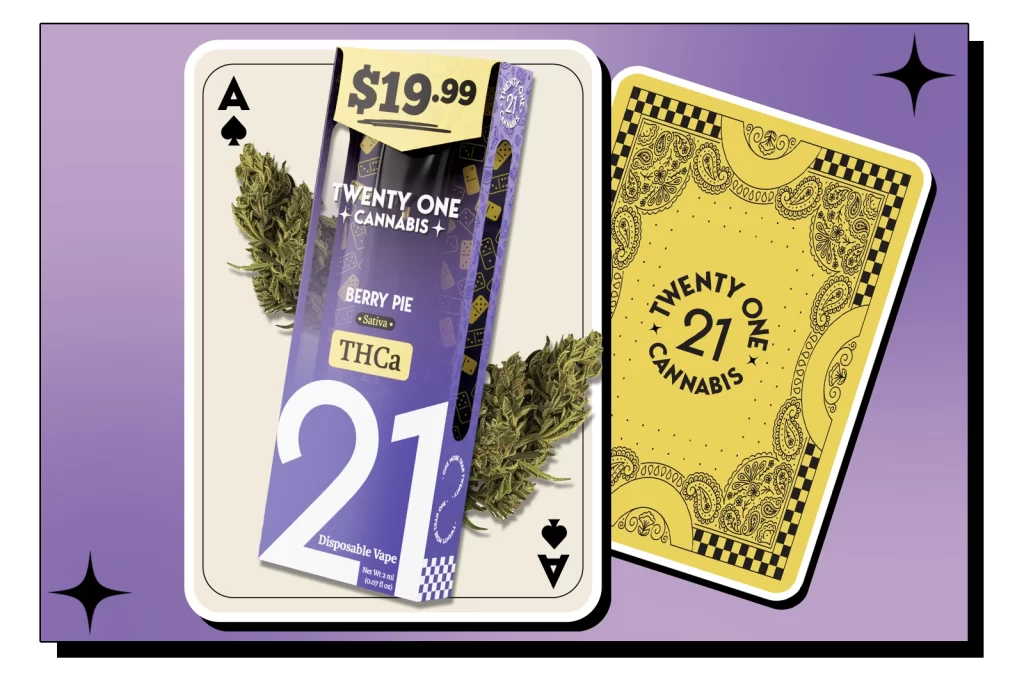
In this Article
The High Rollers Source for THCa Delta 8 HHC
When it comes to cannabinoids, THCa and Delta-10 are generating interest among cannabis enthusiasts looking to expand their understanding of unique compounds within the plant.
While familiar cannabinoids like THC and CBD often take the spotlight, THCa and Delta-10 offer their own specific effects and potential benefits. THCa, the precursor to THC, provides a non-intoxicating experience until it’s heated, whereas Delta-10 THC, a rarer variant, offers a milder psychoactive effect often described as uplifting.
Understanding how these two compounds interact with the body’s endocannabinoid system and comparing their distinct effects can provide cannabis users with a broader perspective on their options. This article will break down what differentiates THCa from Delta-10, providing insights that can help you make informed choices about your cannabis experience.
Key Takeaways
- THCa is the non-psychoactive precursor to THC, found in raw cannabis. It offers potential health benefits without intoxicating effects unless heated.
- Delta-10 THC is a milder psychoactive cannabinoid that provides an uplifting, clear-headed high, often favored for daytime use and creativity.
- Benefits of THCa include anti-inflammatory, neuroprotective, and appetite-stimulating properties, making it appealing for therapeutic use without a high.
- Delta-10 THC is known for potential mood-enhancing and energy-boosting effects, offering a less intense high compared to Delta-9 THC.
- Choosing between THCa and Delta-10 depends on desired effects: THCa for non-intoxicating therapeutic benefits, and Delta-10 for a light, manageable psychoactive experience.
- 21Cannabis offers high-quality THCa and Delta-10 products, all third-party tested for purity and potency. Visit our shop and scroll through our selection to find the right cannabinoid for your needs.
What is THCa?
THCa is the non-psychoactive precursor to THC found in raw cannabis. When you consume raw cannabis, you’re primarily ingesting THCa. This compound doesn’t produce the “high” associated with THC because it hasn’t been activated through heat.
However, when you expose THCa to heat, such as when smoking or vaping cannabis, it undergoes a process called decarboxylation. During decarboxylation, THCa converts to THC, the psychoactive compound that interacts with your endocannabinoid system to produce the euphoric effects commonly associated with cannabis use.
How is THCa Made?
THCa (tetrahydrocannabinolic acid) is produced naturally in raw cannabis plants. It forms as the plant grows through a process called biosynthesis, where enzymes in the cannabis plant convert another compound, geranyl pyrophosphate, into cannabigerolic acid (CBGA).
CBGA is often called the “mother of all cannabinoids” because it’s the precursor to THCa, CBDA, and CBCA. Through specific enzymatic reactions, CBGA is transformed into THCa. This compound remains in its acidic, non-psychoactive form until heated, such as through smoking or cooking, when it undergoes decarboxylation, converting it into THC, the psychoactive compound responsible for cannabis’s well-known effects.
Benefits and Effects of THCa
THCa offers a range of potential benefits and effects that make it an attractive option for those seeking the therapeutic properties of cannabis without the psychoactive effects associated with THC.
Anti-Inflammatory Properties
THCa has shown promise in reducing inflammation in the body. This anti-inflammatory effect can be particularly beneficial for those dealing with chronic pain, arthritis, or other inflammatory conditions. By consuming raw cannabis or THCa-rich products, you may experience relief from inflammation without the “high” typically associated with cannabis use.
Neuroprotective Potential
Research suggests that THCa may have neuroprotective properties, helping to protect brain cells from damage caused by oxidative stress and inflammation. This potential benefit could be particularly relevant for those concerned about age-related cognitive decline or neurodegenerative disorders.
Appetite Stimulation
THCa has been shown to stimulate appetite, which can be beneficial for individuals struggling with appetite loss due to certain medical conditions or treatments. By consuming THCa-rich products, you may find it easier to maintain a healthy appetite and ensure proper nutrition.
It’s important to note that while these potential benefits are promising, more research is needed to fully understand the effects of THCa on the human body. As always, consult with a healthcare professional before incorporating THCa into your wellness routine.
What is Delta-10 THC?
Delta-10 THC is a minor cannabinoid that shares a similar molecular structure with Delta-9 THC, the primary psychoactive compound in cannabis. However, Delta-10 THC is less potent than Delta-9, resulting in milder psychoactive effects when consumed.
Users report that Delta-10 THC provides a more clear-headed and energizing experience compared to the more sedative effects often associated with Delta-9 THC. This makes Delta-10 an attractive option for those seeking a more balanced and functional high.
How is Delta-10 Made?
Unlike THCa, which is naturally abundant in raw cannabis, Delta-10 THC is found only in trace amounts in hemp and cannabis plants. To obtain usable quantities of Delta-10, it must be extracted and isolated from hemp-derived CBD through a process called isomerization.
Isomerization involves rearranging the molecular structure of CBD to create Delta-10 THC. This process requires specialized equipment and expertise to ensure the purity and safety of the final product.
In some cases, Delta-10 THC can also be synthesized from other cannabinoids, such as Delta-9 THC or Delta-8 THC, through a series of chemical reactions. However, the most common method of producing Delta-10 THC is through the isomerization of hemp-derived CBD.
It’s important to note that the legal status of Delta-10 THC may vary depending on your location and the source of the cannabinoid. Always check your local laws and regulations before purchasing or consuming any Delta-10 THC products.
Benefits and Effects of Delta-10 THC
Delta-10 THC offers a unique set of benefits and effects that set it apart from other cannabinoids like THCa. When considering Delta-10, it’s essential to understand how it may impact your mind and body.
Mild Psychoactive Effects
One of the most notable effects of Delta-10 THC is its mild psychoactive properties. When consumed, Delta-10 can produce a subtle “high” that is often described as more clear-headed and less intense than the effects of Delta-9 THC. This makes Delta-10 an attractive option for those seeking a more manageable and functional psychoactive experience. However, the potency of Delta-10 is higher than that of Delta-8.
Potential Mood-Enhancing Properties
Some users report that Delta-10 THC can have mood-enhancing properties, helping to promote feelings of happiness, relaxation, and overall well-being. While more research is needed to confirm these effects, anecdotal evidence suggests that Delta-10 may be a useful tool for managing stress and supporting emotional balance.
Possible Energy Boost
Another reported effect of Delta-10 THC is a potential energy boost. Some users describe feeling more alert, focused, and motivated after consuming Delta-10 products. This effect may be particularly appealing to those looking for a natural way to increase productivity or combat fatigue.
As with any cannabinoid, individual experiences with Delta-10 THC may vary. It’s crucial to start with a low dose and gradually increase as needed to gauge your personal tolerance and response. Additionally, always purchase Delta-10 products from reputable sources to ensure quality and safety.
THCa vs. Delta-10: Key Differences
When comparing THCa and Delta-10, you’ll find several key differences that set these cannabinoids apart. Understanding these distinctions can help you make informed decisions about which one might be the best fit for your needs and preferences.
Psychoactivity
One of the most significant differences between THCa and Delta-10 is their psychoactive properties.
THCa, in its raw form, is non-psychoactive. This means that consuming THCa without heating it will not produce the “high” typically associated with cannabis use. However, when THCa is exposed to heat through smoking, vaping, or cooking, it undergoes decarboxylation and converts to THC, which is psychoactive.
In contrast, Delta-10 THC is inherently psychoactive, even without the need for decarboxylation. When you consume Delta-10 products, you can expect to experience mild psychoactive effects, although they are generally less intense compared to Delta-9 THC.
Potency
The potency of THCa and Delta-10 can vary depending on several factors. For THCa, the potency of the final product largely depends on the extent of decarboxylation. The more THCa is converted to THC through heat exposure, the more potent the psychoactive effects will be.
Delta-10 THC, on the other hand, is generally considered less potent than its more well-known counterpart, Delta-9 THC. While Delta-10 does produce psychoactive effects, they are often described as milder and more clear-headed compared to the intense and potentially overwhelming effects of Delta-9.
Legality
The legal status of THCa and Delta-10 can be complex and varies depending on your location. In the United States, THCa is considered legal when derived from hemp plants containing less than 0.3% Delta-9 THC, as per the 2018 Farm Bill. This means that hemp-derived THCa products are federally legal, although individual states may have their own regulations.
The legality of Delta-10 THC is more ambiguous. While it can be derived from hemp and fall under the same legal umbrella as other hemp-derived cannabinoids, the process of creating Delta-10 often involves the use of chemicals and synthetic processes. This gray area has led to some confusion and debate regarding the legal status of Delta-10 products.
It’s always best to check your local laws and regulations before purchasing or consuming any Delta-10 products.
How to Choose Between THCa and Delta-10

When deciding between THCa and Delta-10, consider your desired effects and consumption preferences. If you’re looking for potential therapeutic benefits without the psychoactive “high,” THCa may be the better choice. You can consume THCa through raw cannabis products, such as fresh flower or cold-pressed oils.
On the other hand, if you’re interested in experiencing mild psychoactive effects, Delta-10 could be a good fit. Delta-10 products, like vape cartridges or edibles, offer a subtle, uplifting high that may enhance focus and creativity while causing less anxiety compared to stronger THC variants.
Your tolerance level and sensitivity to THC also play a role in your decision. If you’re new to cannabis or have a low tolerance, starting with low-dose Delta-10 products can help you gauge your response before trying more potent options.
Ultimately, the choice between THCa and Delta-10 depends on your individual needs, preferences, and desired outcomes. Experimenting with different products and dosages can help you find the right balance for your unique endocannabinoid system.
How Do THCa and Delta-10 Interact With the Endocannabinoid System?
THCa and Delta-10 both interact with your body’s endocannabinoid system (ECS), a complex network of receptors and neurotransmitters that helps regulate various physiological processes, including mood, appetite, pain sensation, and immune function.
The primary way these cannabinoids interact with the ECS is by binding to cannabinoid receptors, specifically the CB1 receptors found in the central nervous system. However, THCa and Delta-10 have different binding affinities for these receptors.
THCa has a lower binding affinity for CB1 receptors compared to Delta-10. This means that THCa doesn’t activate these receptors as strongly as Delta-10, resulting in its non-psychoactive properties. When THCa is decarboxylated and converted to THC, its binding affinity increases, leading to the well-known psychoactive effects associated with cannabis use.
Delta-10, on the other hand, has a higher binding affinity for CB1 receptors than THCa. When Delta-10 binds to these receptors, it triggers a cascade of physiological responses that contribute to its mild psychoactive effects, such as increased feelings of relaxation, euphoria, and altered sensory perception.
The differences in receptor activation between THCa and Delta-10 contribute to their distinct effects on your mind and body. While THCa offers potential therapeutic benefits without the “high,” Delta-10 provides a subtle psychoactive experience that may enhance mood and creativity.
It’s important to remember that everyone’s ECS is unique, and individual responses to THCa and Delta-10 may vary. Factors such as age, genetics, and overall health can influence how these cannabinoids interact with your ECS. Start with low doses and pay attention to your body’s reactions to find the optimal balance for your needs.
THCa vs Delta-10: Which Is Better for Pain Relief?
When you’re considering THCa or Delta-10 for pain relief, it’s important to understand their unique properties and how they may affect your body. THCa’s anti-inflammatory properties could provide pain relief without the intoxicating effects associated with THC. This makes THCa an attractive option if you’re looking to manage pain while maintaining a clear head.
On the other hand, Delta-10’s milder psychoactive effects might be preferable for some users who want a subtle “high” alongside potential pain relief. Delta-10’s mood-enhancing properties could also contribute to an overall sense of well-being, which may help you cope with chronic pain.
Ultimately, the choice between THCa and Delta-10 for pain relief depends on your individual response and specific condition. What works for one person may not be the best solution for another. It’s always a good idea to consult with a healthcare professional who is knowledgeable about cannabis and its potential therapeutic applications.
How to Consume THCa and Delta-10 Products
When you’re ready to explore the world of THCa and Delta-10, understanding the various consumption methods can help you find the perfect fit for your needs and preferences. From vaping and smoking to edibles and dabbing, each approach offers a unique experience and set of benefits.
Vaping and Smoking
Vaping and smoking are popular methods for consuming THCa and Delta-10 products. When you vape or smoke, the cannabinoids are quickly absorbed into your bloodstream through your lungs, resulting in fast-acting effects. If you’re interested in vaping THCa, it’s important to know the best temp for THCa diamonds to ensure optimal vaporization and flavor.
For those who prioritize convenience and discretion, disposable vapes are an excellent option. These all-in-one devices come pre-filled with THCa or Delta-10 concentrates, allowing you to enjoy the benefits without the hassle of maintaining a vaporizer or rolling your own joints.
If you’re looking for something sweet, our berry pie vape is the best choice. The Berry Pie THCa disposable vape delivers an uplifting, focused high perfect for daytime use. With its fruity, sweet profile, this sativa strain offers an energizing euphoria, keeping users sharp and engaged without overpowering. It blends mental clarity with a touch of physical relaxation, making it ideal for staying productive while feeling refreshed and upbeat.
This vape is well-suited for users seeking an invigorating boost while remaining light on their feet.
Need something with a more earthy flavor? The Cookie Monster THCa Vape offers a soothing, full-body high with a rich, earthy flavor. This indica provides long-lasting relief and a calming wave of euphoria that melts away stress. Ideal for evening use, it creates a tranquil experience that wraps users in a comforting embrace, perfect for winding down and enjoying a peaceful end to the day.
Looking for the best of both worlds? Mac 1 delivers a balanced experience, starting with a heady rush of euphoria and creative energy that sparks inspiration. This hybrid strain combines mental uplift with a grounding body high, letting users enjoy a blissful, imaginative mindset while staying physically relaxed. Its unique terpene profile provides a smooth, floral flavor, making it a top choice for those looking to elevate creativity and motivation with a steady, comforting body effect.
Edibles and Tinctures
Edibles and tinctures offer a discreet and long-lasting way to consume THCa and Delta-10. When you ingest these cannabinoids, they’re metabolized by your liver, resulting in a slower onset but longer duration of effects compared to vaping or smoking.
If you’re interested in making your own THCa edibles, remember that THCa must be decarboxylated (heated) to convert into the psychoactive THC. This process activates the cannabinoid, allowing you to experience the full range of effects when consumed.
Delta-10 edibles, on the other hand, are ready to consume as-is. These products offer a convenient way to enjoy the mild psychoactive effects of Delta-10, with a focus on full-body relaxation and potential mood enhancement.
Tinctures, which are liquid cannabinoid extracts, can be consumed sublingually (under the tongue) or added to food and beverages. This versatile method allows you to easily control your dosage and experience the benefits of THCa or Delta-10 without the need for inhalation.
Dabbing Concentrates
Dabbing is a popular method for consuming THCa and Delta-10 concentrates, such as liquid diamonds. This approach involves heating a small amount of concentrate on a hot surface (a dab nail or banger) and inhaling the resulting vapor.
Dabbing offers a potent and fast-acting experience, as the high concentration of cannabinoids is rapidly absorbed into your system. If you’re new to dabbing, start with a low dose and gradually increase as needed to find your optimal level. Always use proper safety precautions and high-quality equipment to ensure a positive and secure dabbing experience.
Closing Thoughts – Is THCa or Delta-10 Right For You?
Choosing between THCa and Delta-10 ultimately depends on the experience you’re seeking. THCa may appeal to those who prefer a non-intoxicating option that provides the benefits of raw cannabinoids, while Delta-10 is an ideal choice for users looking for a lighter, uplifting psychoactive effect.
For those ready to explore these premium cannabinoid products, 21Cannabis offers top-quality THCa and Delta-10 options, all crafted with US-grown hemp. Our commitment to quality is evident in each batch, which undergoes extensive lab testing, with Certificates of Analysis (COAs) readily available.
Visit 21Cannabis today to shop our range of premium THCa products.
Frequently Asked Questions About THCa and Delta-10
Is THCa Legal?
The legal status of THCa varies depending on your location. In the United States, hemp-derived THCa is federally legal under the 2018 Farm Bill, as long as the final product contains less than 0.3% Delta-9 THC. However, state laws may differ, so always check your local regulations.
Can Delta-10 Show Up on a Drug Test?
Yes, Delta-10 THC can potentially show up on a drug test. Most standard drug tests screen for THC metabolites, which can be produced by both Delta-9 and Delta-10 THC. If you’re subject to drug testing, it’s best to avoid consuming Delta-10 products.
How Do I Store THCa and Delta-10 Products?
Proper storage is key to maintaining the potency and quality of your THCa and Delta-10 products. Keep them in a cool, dark place away from direct sunlight and heat. Airtight containers can help preserve freshness and prevent degradation. For specific storage instructions, refer to the product packaging or consult with your supplier.
Can I Mix THCa and Delta-10?
While it’s possible to consume both THCa and Delta-10 products, it’s important to start slow and monitor your body’s response. Combining cannabinoids can lead to unexpected effects, especially if you’re new to cannabis or have a low tolerance. It’s always best to introduce one product at a time and wait before trying combinations.
Sources for this Article
- pmc.ncbi.nlm.nih.gov/articles/PMC5731255/
- pmc.ncbi.nlm.nih.gov/articles/PMC5510775/
- webmd.com/mental-health/addiction/what-is-thca
- sc.edu/uofsc/posts/2023/04/conversation_cannabis_derived_products.php
- healthline.com/health/delta-8-vs-delta-9-vs-delta-10
In this Article
Let's be social
More Heavy Hitting Posts

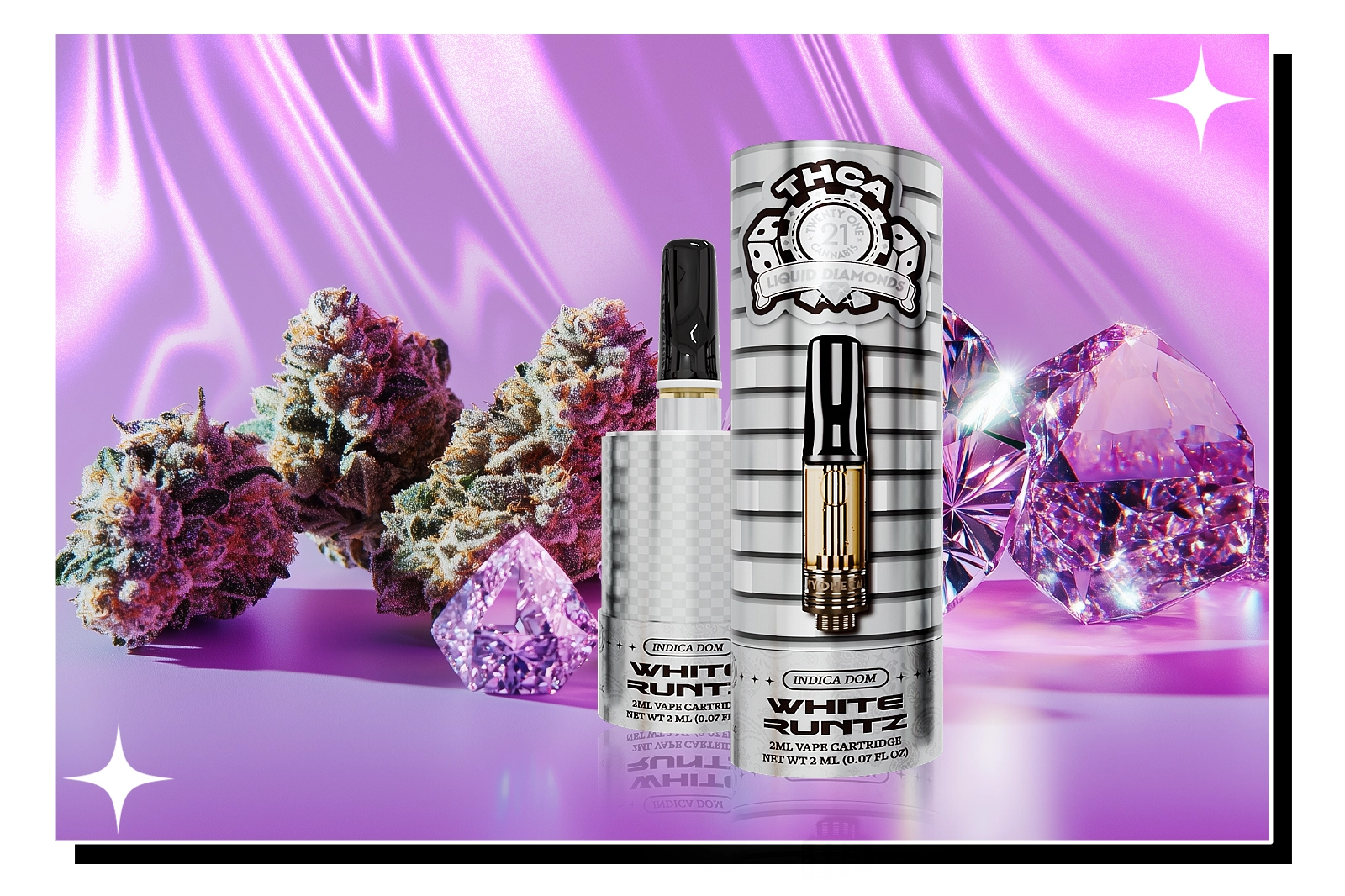
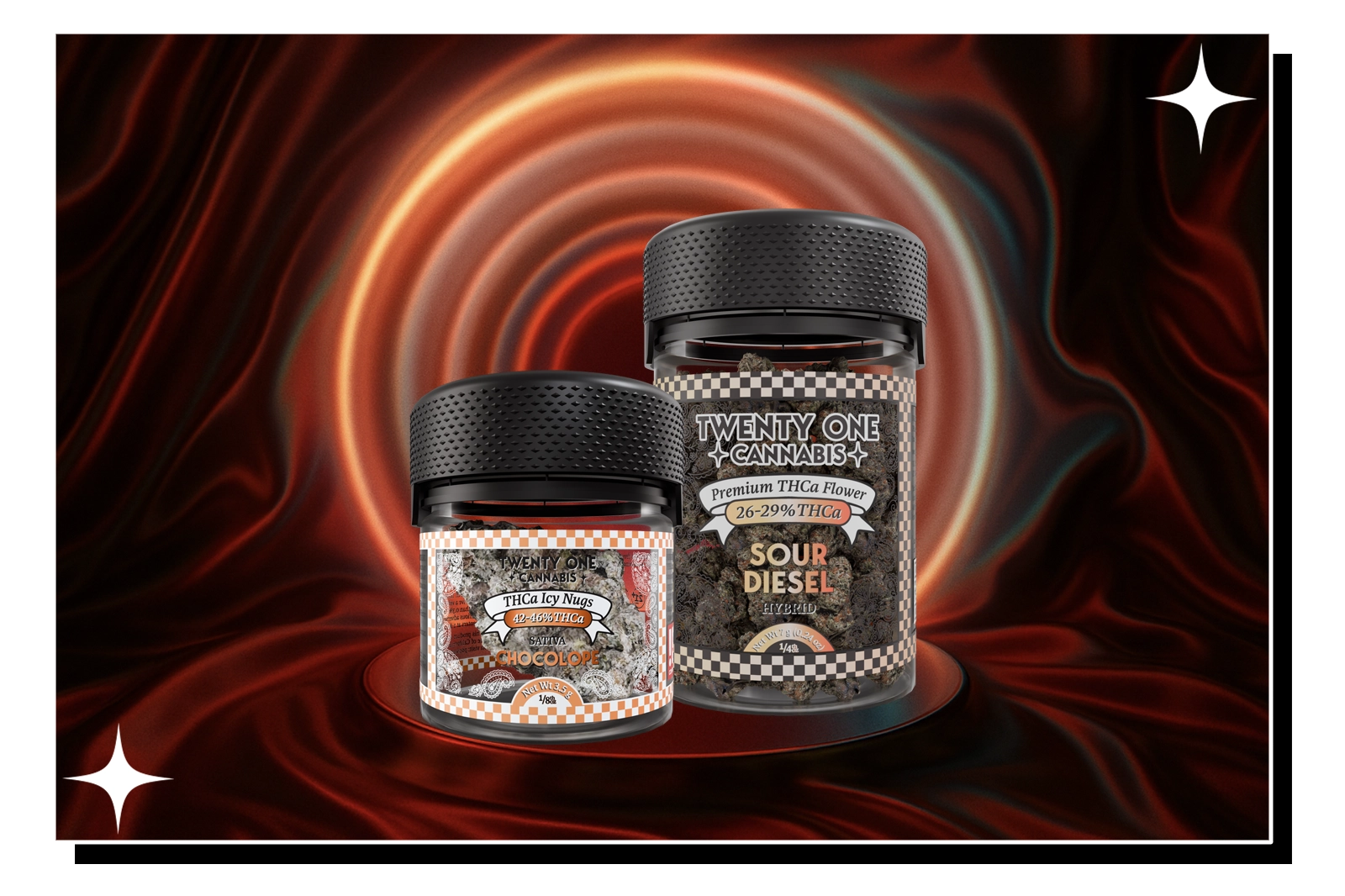
Cannabis for Focus: Strains That Keep You Dialed In
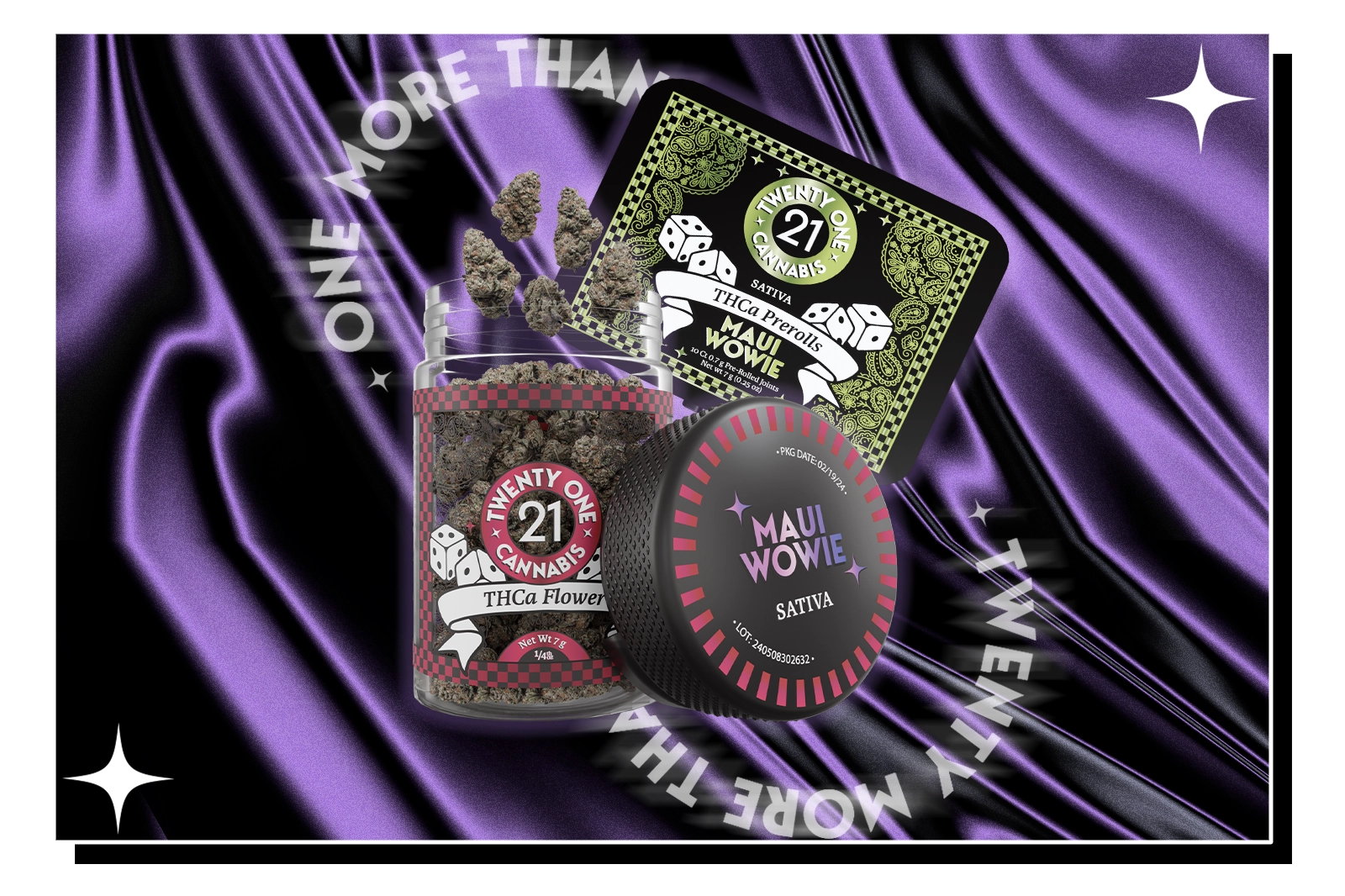
Maui Wowie Strain Review: A Tropical Sativa Paradise
JOIN THE HIGH ROLLERS
Categories

Lindsey Goldstein

Peer Review by: JJ Coombs
Doctor of Pharmacy, Pharmaceutical Sciences University of Colorado
Co-Founder & CEO at Arvida Labs



